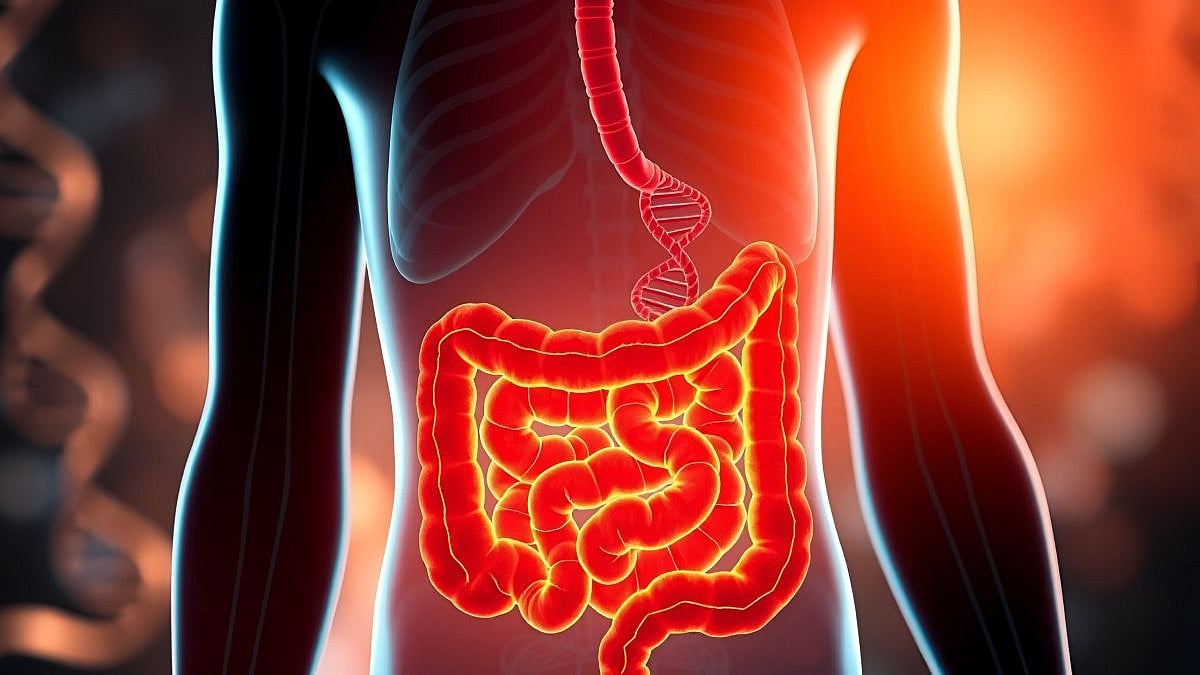Countries with higher colorectal cancer incidence rates have higher mutation loads in signatures caused by bacteria-produced mutagen colibactin
By Elana Gotkine HealthDay Reporter
TUESDAY, May 6, 2025 (HealthDay News) — Early-life mutagenic exposure to colibactin-producing bacteria may be associated with the increased incidence of early-onset colorectal cancer, with variations in colorectal cancer mutational processes seen based on geography and age, according to a study published online April 23 in Nature.
Marcos Díaz-Gay, Ph.D., from the University of California San Diego in La Jolla, and colleagues examined 981 colorectal cancer genomes from 11 countries to assess whether mutational processes contribute to geographic and age-related differences in colorectal cancer.
The researchers observed no major differences in microsatellite unstable cancers, but in the 802 microsatellite-stable cases, there were variations in mutation burden and signatures. Varying prevalence was seen in multiple signatures, most with unknown etiologies, in Argentina, Brazil, Colombia, Russia, and Thailand, indicating geographically diverse levels of mutagenic exposure. Countries with higher colorectal cancer incidence rates had higher mutation loads in signatures SBS88 and ID18, which are caused by the bacteria-produced mutagen colibactin. In early-onset cancers, SBS88 and ID18 were also enriched and were 3.3 times more common in individuals diagnosed before age 40 years versus those older than 70 years; they were also imprinted early during colorectal cancer development. There was a link seen for colibactin exposure with APC driver mutations; in colibactin-positive cases, ID18 was responsible for about 25 percent of APC driver indels.
“Our original goal was to examine global patterns of colorectal cancer to understand why some countries have much higher rates than others. But as we dug into the data, one of the most interesting and striking findings was how frequently colibactin-related mutations appeared in the early-onset cases,” Diaz-Gay said in a statement.
Several authors disclosed ties to the biopharmaceutical industry; several authors hold related patents or have filed provisional patent applications.
Copyright © 2025 HealthDay. All rights reserved.








